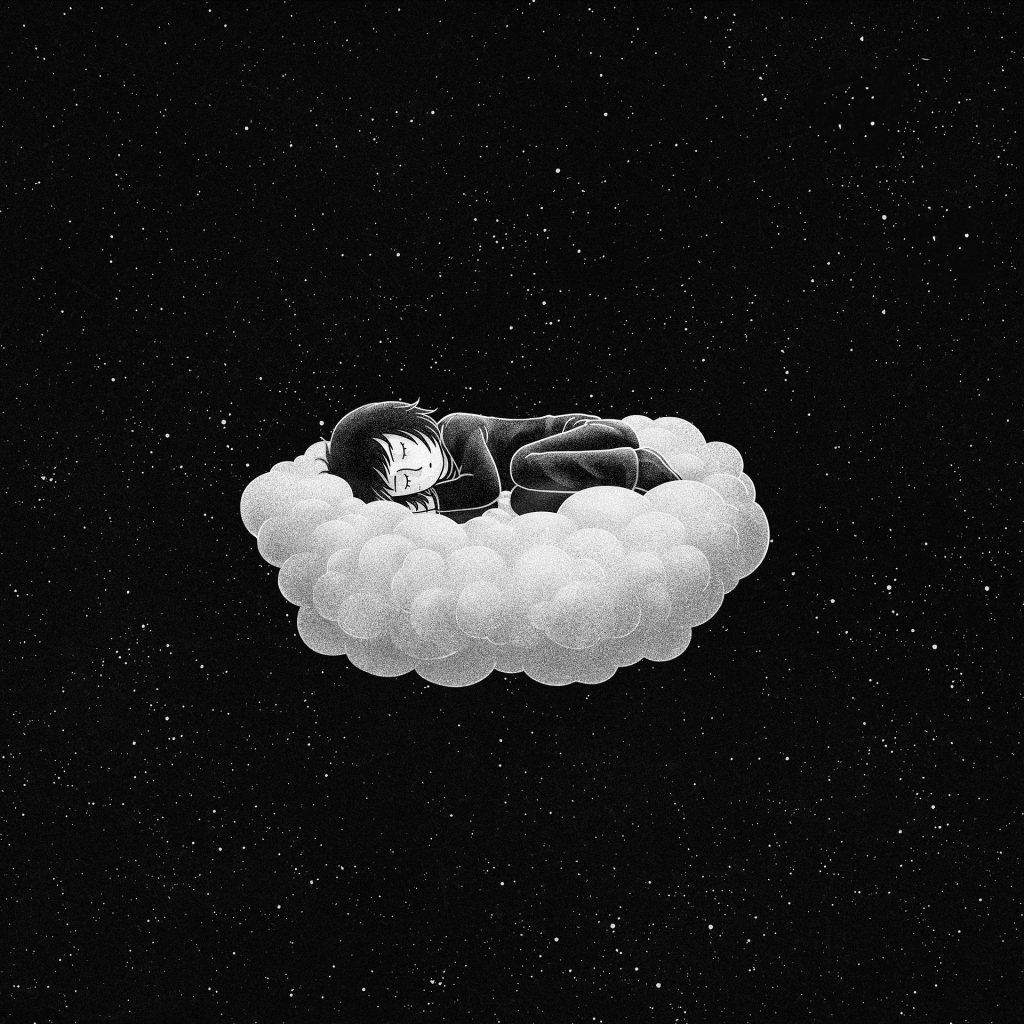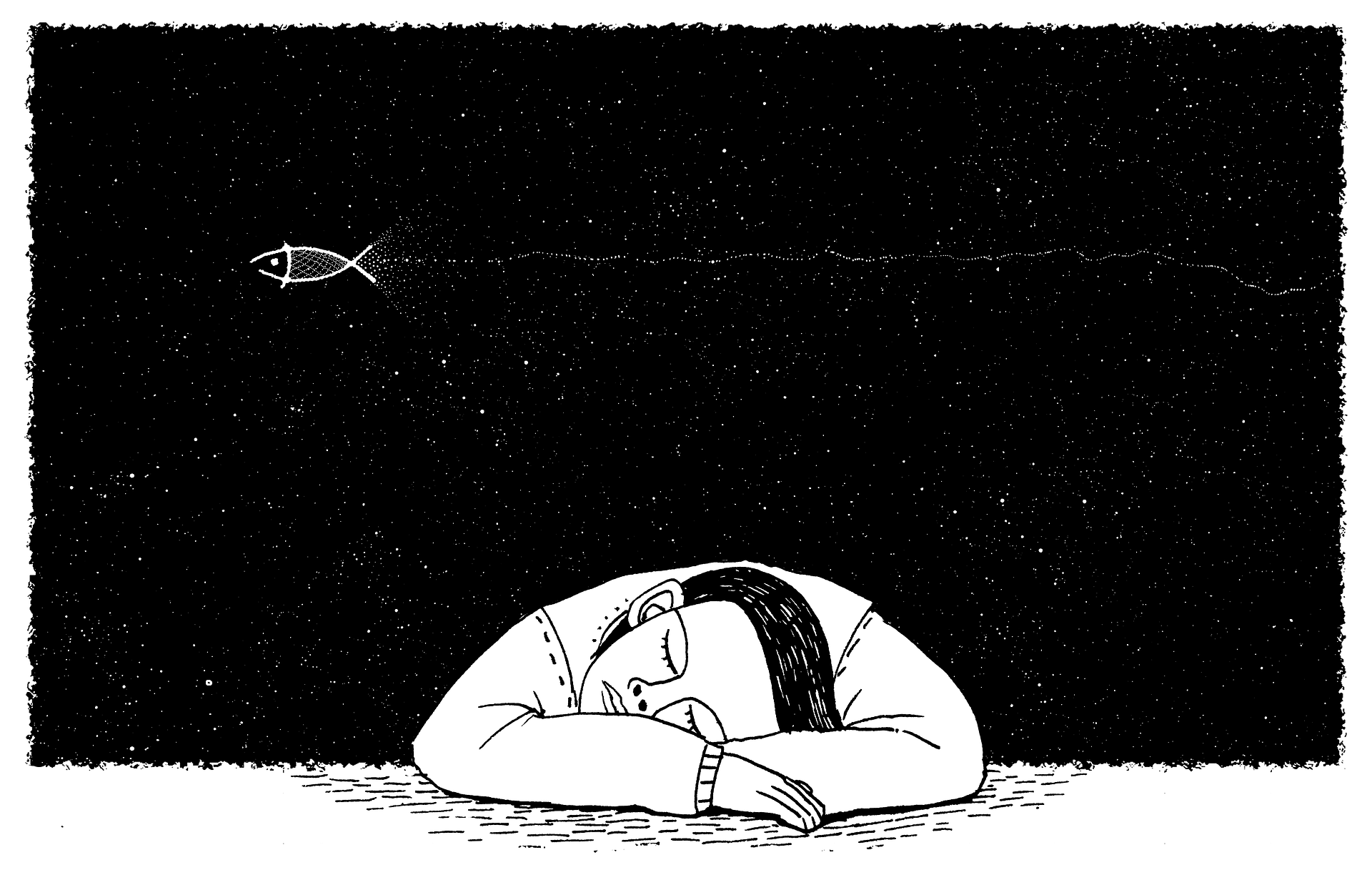 reativity is often hailed as a valuable and sought-after trait, whether in artistic pursuits, problem-solving, or innovative thinking. But what if we told you that a good night’s sleep could enhance your creativity? Recent scientific research has shed light on the fascinating connection between sleep and creativity, showing that sleep plays a crucial role in enhancing our imaginative abilities. In this article, we explore how scientists have proven the link between sleep and creativity and delve into the mechanisms behind this phenomenon.
reativity is often hailed as a valuable and sought-after trait, whether in artistic pursuits, problem-solving, or innovative thinking. But what if we told you that a good night’s sleep could enhance your creativity? Recent scientific research has shed light on the fascinating connection between sleep and creativity, showing that sleep plays a crucial role in enhancing our imaginative abilities. In this article, we explore how scientists have proven the link between sleep and creativity and delve into the mechanisms behind this phenomenon.
The Power of Dreams: How Sleep Enhances Creativity

Dreams have long been a source of intrigue and mystery, but recent studies suggest that they may hold the key to unlocking our creative potential. In an article published by Scientific American titled “Here’s How to Use Dreams for Creative Inspiration,” researchers delve into the impact of dreams on our creative thinking processes. The study highlights the importance of the different stages of sleep in facilitating creative insights and problem-solving.
Rapid Eye Movement (REM) sleep, a phase of sleep characterized by vivid dreaming, has been found to play a significant role in promoting creativity. During REM sleep, our brain activity resembles that of wakefulness, creating an optimal environment for creative connections to form. Scientific studies have shown that REM sleep can enhance our ability to make novel associations, think abstractly, and generate innovative ideas.
Beyond the realm of dreams, deep sleep, also known as slow-wave sleep (SWS), plays a crucial role in creativity. During this stage, the brain engages in memory consolidation, processing and integrating information from our waking experiences. This consolidation process enhances our ability to retrieve and combine existing knowledge in novel and creative ways. By solidifying memories and strengthening neural connections, deep sleep facilitates the creative synthesis of ideas.
Enhancing Problem-Solving Abilities: Sleep’s Impact on Creativity

Problem-solving often requires thinking outside the box and approaching challenges from new perspectives. Sleep has been found to enhance our problem-solving abilities by fostering divergent thinking, which is a hallmark of creativity. Divergent thinking involves generating multiple solutions and exploring various possibilities. Research suggests that a well-rested mind, free from the constraints of wakeful biases, is more adept at finding innovative solutions to complex problems.
The unconscious mind plays a vital role in creative thinking, as it can make unexpected connections and generate novel ideas. Sleep provides a fertile ground for the unconscious mind to process information and create new associations. When we sleep, the brain continues to work on unresolved problems and unexplored ideas, often leading to “aha moments” and creative breakthroughs upon waking. By giving our unconscious mind the space it needs, we tap into a wellspring of creative insights.
If sleep has the potential to boost creativity, how can we optimize our sleep to harness its benefits? The Scientific American article offers practical suggestions. First, prioritizing a consistent sleep schedule and ensuring sufficient sleep duration is crucial. Establishing a bedtime routine that promotes relaxation and a conducive sleep environment can also enhance the quality of sleep. Additionally, keeping a dream journal and reflecting on dreams upon awakening can provide valuable creative insights.
Embracing Sleep as a Catalyst for Creativity
In a world that often glorifies productivity and busyness, the importance of sleep as a catalyst for creativity should not be underestimated. Scientific research has unequivocally shown that sleep enhances our ability to think creatively, solve problems, and generate innovative ideas. By embracing sleep as an ally in our creative endeavors, we can tap into our full imaginative potential and unlock new realms of innovation and inspiration.
The scientific evidence is clear: sleep has a profound impact on creativity. From the power of dreams and REM sleep to the memory consolidation during deep sleep, each stage of sleep plays a crucial role in enhancing our imaginative abilities. By optimizing our sleep habits and embracing the creative potential of our dreams, we can nurture our creativity and unlock new realms of innovation. So, the next time you find yourself struggling with a creative challenge, remember that a good night’s sleep might be the key to unlocking your creative brilliance.
Avid Writer with invaluable knowledge of Humanity!
Upcoming historian with over 30 million views online.
“You make your own life.”





